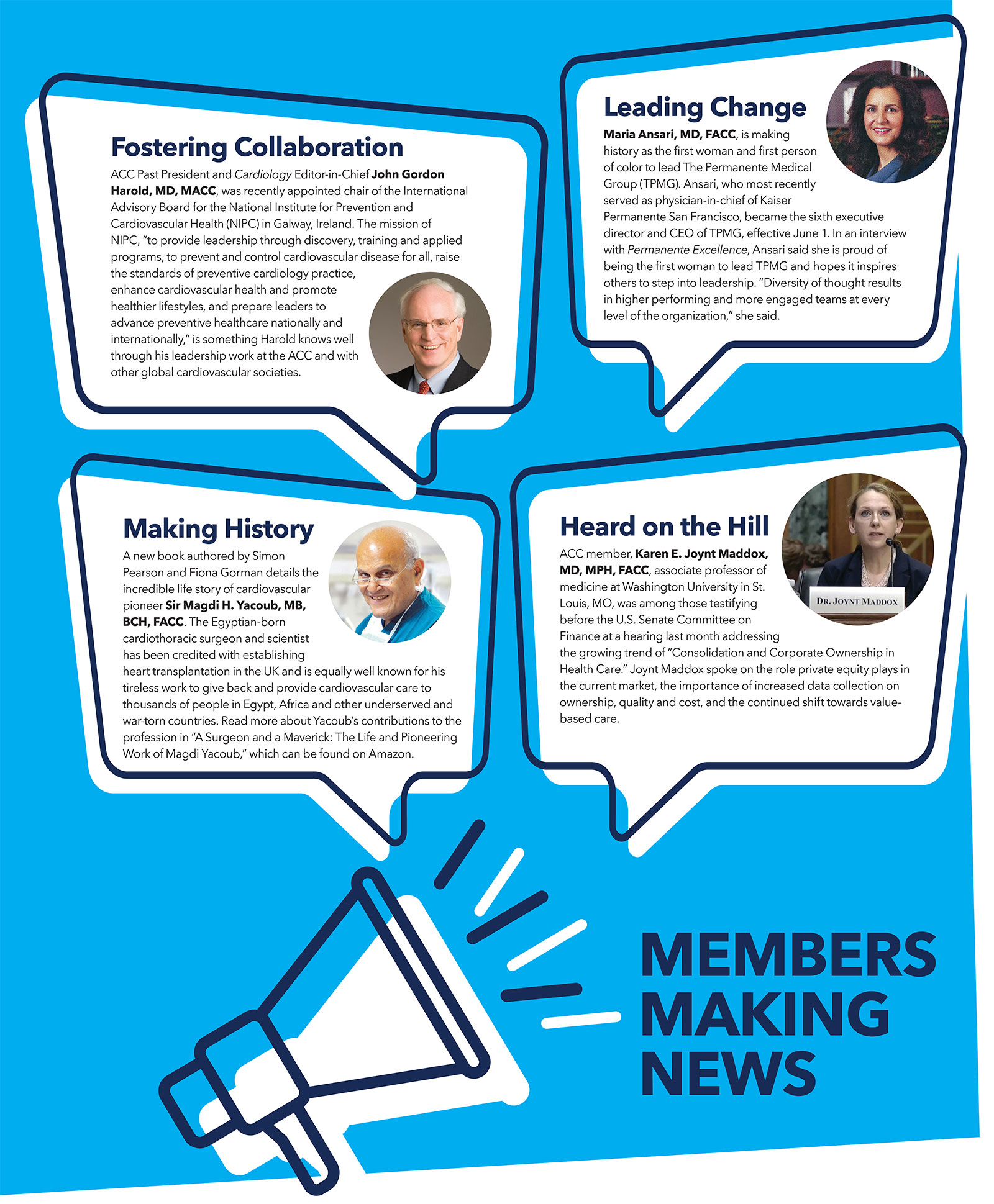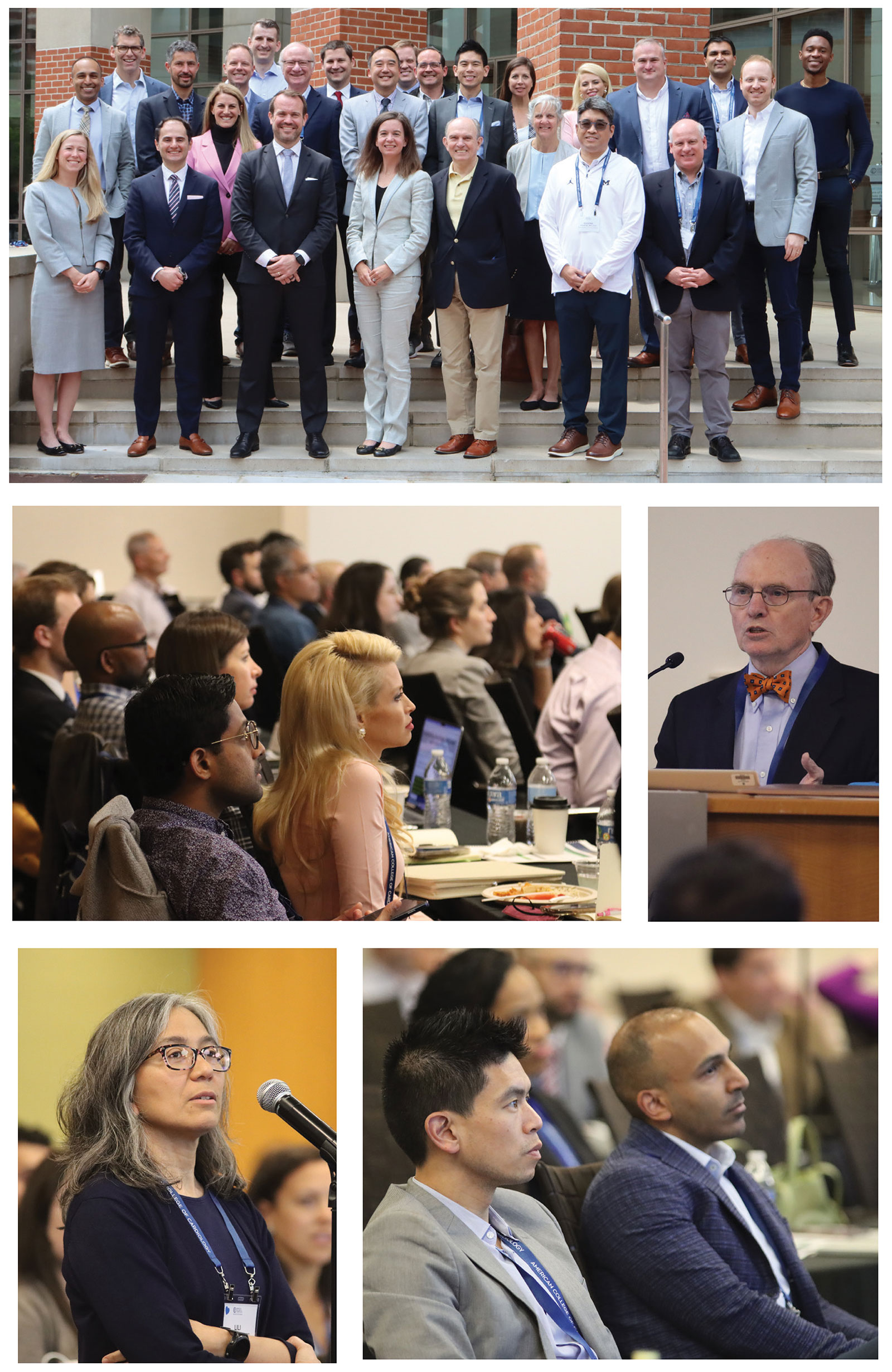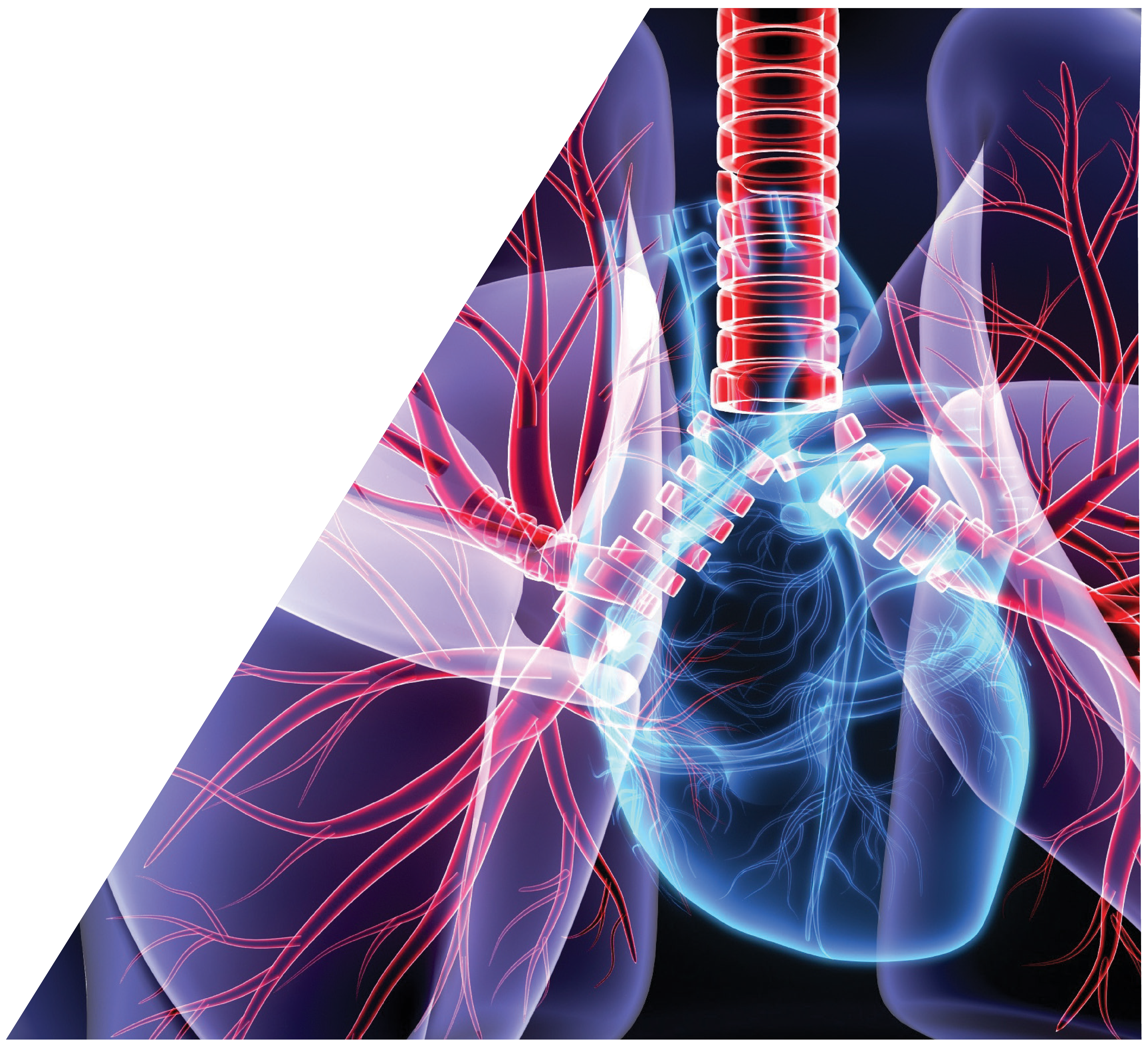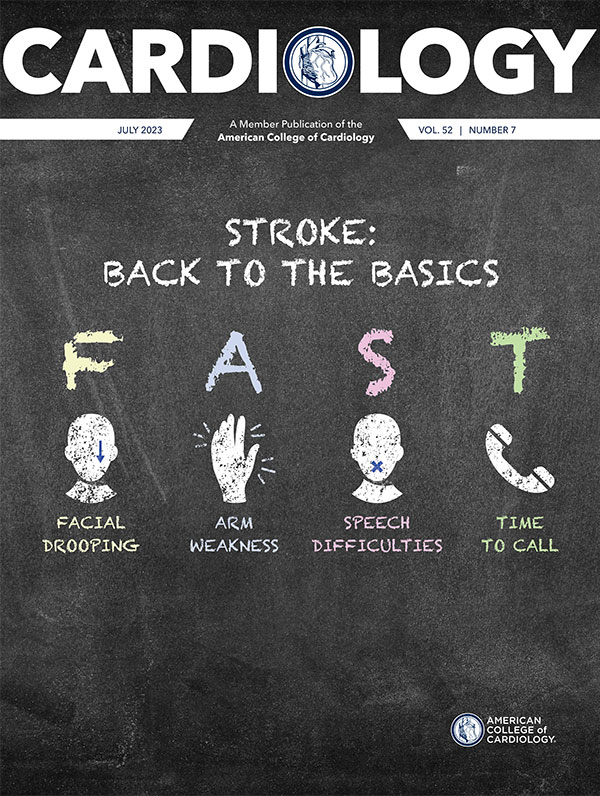The Pulse of ACC

Care of the Athletic Heart Covers All the Bases

The ACC's annual Care of the Athletic Heart course hit it out of the park last month. The three-day meeting, which took place at ACC's Heart House in Washington, DC, and virtually, focused on the latest advances in sports cardiology and best practices for diagnosing, managing and treating all forms of cardiovascular disease in the professional, occupational or recreational athlete.
Chaired by Dermot Phelan, BAO, MBBCh, PhD, FACC, along with Vice Chair Megan Wasfy, MD, FACC, the course featured a top-tier lineup of global sports cardiology experts addressing hot topics like preparticipation screening, strategies for engaging communities around CPR and AED training, legal and ethical considerations for shared decision-making, environmental considerations for athletes with heart disease, and opportunities for advocacy. Participants were also able to take part in interactive case challenges and debates.
In addition, to the educational sessions, dedicated posters and abstracts shed light on new research tied to topics like return to play post-COVID, who performs CPR during sports-related sudden cardiac arrest events in athletes, and cardiovascular screening of cadets and midshipmen at military service academies. One study, which found only 50% of athletes surveyed reported knowing signs or symptoms of sudden cardiac arrest, underscored the need for more education among athletes, as well as a standardized reporting method for tracking a sudden cardiac arrest event.
"If we review any sports-related sudden cardiac arrest event, the athlete next to the fallen player is typically shocked, waving over to the medical staff for assistance and backing away from the player. It is very rare that the response is one of action," said Merije T. Chukumerije, MD, FACC, a sports cardiologist with Cedars-Sinai Medical Group at the Smidt Heart Institute in Los Angeles and the study's lead author. "I would argue that CPR drills for athletes should be part of a team's emergency action plan so that the initial reaction from players is to get down, check a pulse and initiate CPR if necessary. Time saves lives."
New NCD Academy Course Addresses Chronic Respiratory Diseases

The NCD Academy recently launched its newest course on chronic respiratory diseases (CRDs). The course addresses the impact of CRDs on a global level, provides guidance on how to prevent, diagnose and manage CRDs, and stresses the important role primary care clinicians and community health providers can play in these areas.
The CRD course joins the comprehensive library of other NCD Academy courses designed to equip primary health care professionals with free global education addressing all leading causes of NCDs, including cardiovascular disease, diabetes and cancer, as well as other critical topics like mental health, advocacy and health equity. The innovative online platform allows participants to learn through interactive patient cases and receive access to additional educational resources and practical tools.
Learn more about the program at ACC.org/NCDAcademy. Help to spread the word by sharing on social media, using #NCDAcademy and don't forget to tag @ACCinTouch.
Clinical Topics: Anticoagulation Management, Arrhythmias and Clinical EP, Cardiac Surgery, Dyslipidemia, Invasive Cardiovascular Angiography and Intervention, Vascular Medicine, SCD/Ventricular Arrhythmias, Cardiac Surgery and Arrhythmias, Lipid Metabolism, Interventions and Vascular Medicine
Keywords: ACC Publications, Cardiology Magazine, Tissue Plasminogen Activator, Fibrinolytic Agents, Embolectomy, Pulmonary Embolism, Thrombectomy, Hemorrhage, Thrombolytic Therapy, Hemodynamics, Hypotension, Catheters, Cardiology, Anticoagulants, Cardiopulmonary Resuscitation
< Back to Listings


